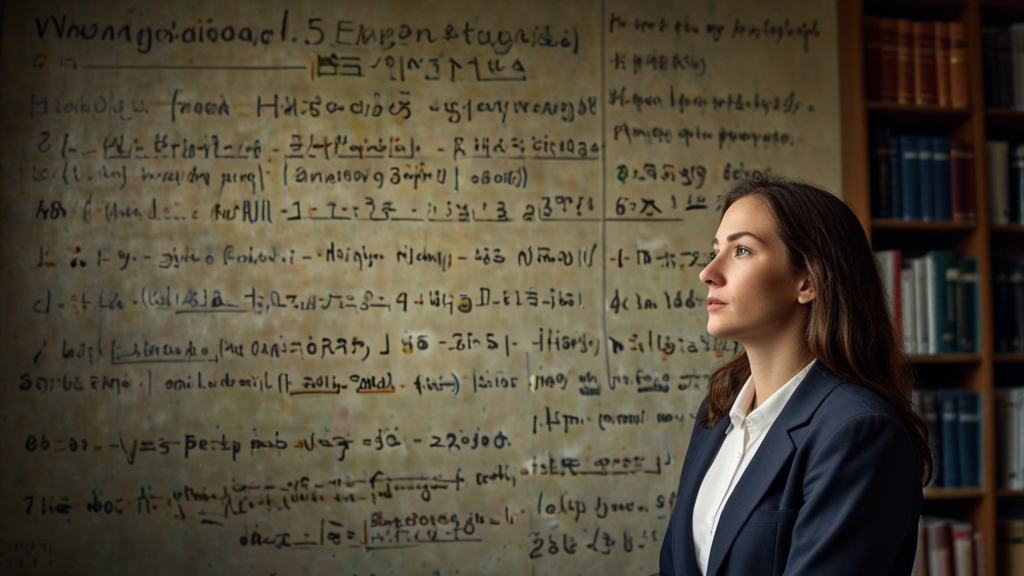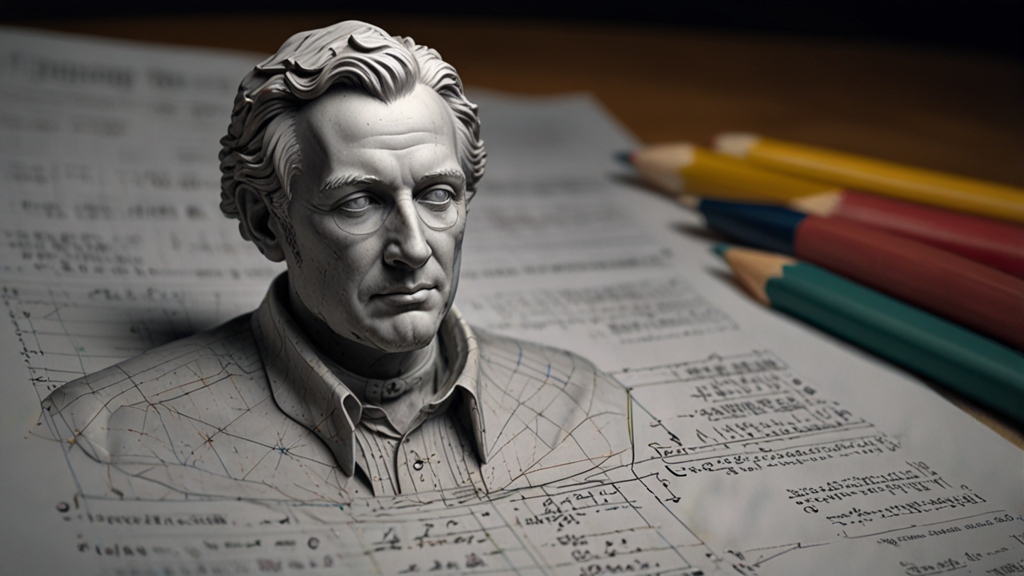Portrait of a Prophet: The Life and Times of Moses
Moses, one of the most pivotal figures in religious history, is revered in Judaism, Christianity, and Islam. Born into a time of great peril for his people, his life is a testament to faith, leadership, and resilience. Understanding Moses' journey sheds light on his profound influence on both ancient and modern cultures.
Early Life: From the Nile to the Palace
Moses' story begins in Egypt, where the Hebrew population was enslaved under Pharaoh's rule. Around the 13th century BCE, fearing the burgeoning Hebrew population, Pharaoh decreed that all newborn Hebrew boys were to be killed. In a desperate bid to save him, Moses' mother placed him in a basket and set it adrift on the Nile. He was discovered by Pharaoh's daughter who adopted him, bringing him into the Egyptian royal family.
Despite his privileged upbringing, Moses never forgot his Hebrew roots. His early exposure to both Hebrew culture and Egyptian power dynamics uniquely positioned him for his future role. This dual identity fostered in him a strong sense of justice and empathy for the plight of his people.
Exile and Revelation
As a young man, Moses' life took a dramatic turn when he killed an Egyptian taskmaster who was beating a Hebrew slave. Fearing retribution, Moses fled to the desert of Midian, where he became a shepherd and started a family. It was here, in the stillness of the wilderness, that Moses experienced a divine encounter that would change his life and the course of history.
"Now Moses was tending the flock of Jethro his father-in-law, the priest of Midian, and he led the flock to the far side of the wilderness and came to Horeb, the mountain of God. There the angel of the Lord appeared to him in flames of fire from within a bush. Moses saw that though the bush was on fire it did not burn up." (Exodus 3:1-2)
This vision of the burning bush was a direct call from God, urging Moses to return to Egypt and lead the Hebrews out of bondage. Equipped with divine assurance, Moses' mission was clear: to confront Pharaoh and demand freedom for his people.
The Exodus and Leadership
Moses' return to Egypt set off a series of miraculous events known as the Ten Plagues, each aimed at convincing Pharaoh to release the Hebrews. Despite Pharaoh's resistance, the relentless plagues culminated in the Hebrews' liberation. The dramatic departure, known as the Exodus, became the cornerstone of Hebrew identity and faith.
As a leader, Moses faced numerous challenges. Guiding a large, often fractious group through the harsh desert terrain required not only logistical skill but also immense spiritual resolve. His interaction with God on Mount Sinai, where he received the Ten Commandments, was pivotal in forming the ethical and religious framework of the Hebrew people.
"And God spoke all these words: 'I am the Lord your God, who brought you out of Egypt, out of the land of slavery. You shall have no other gods before me.'" (Exodus 20:1-3)
These commandments became central to Hebrew law and morality, echoing through centuries and influencing many aspects of modern Western legal and ethical systems.
Legacy and Impact
Moses' legacy extends far beyond his lifetime. His role as liberator and lawgiver has been a source of inspiration for countless generations. He is a symbol of perseverance, justice, and faith. His story is not just a historical account; it resonates with universal themes of struggle, freedom, and spiritual discovery.
Today, Moses' life continues to be studied and revered, offering lessons on leadership and moral integrity. His journey from a prince of Egypt to a prophet of God remains one of the most compelling narratives ever told, reflecting the enduring power of faith and the human spirit's capacity for transformation.










